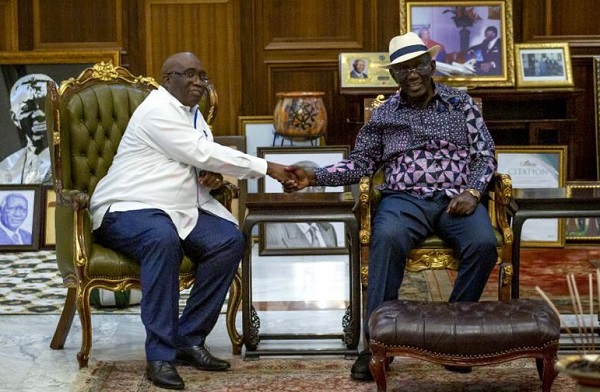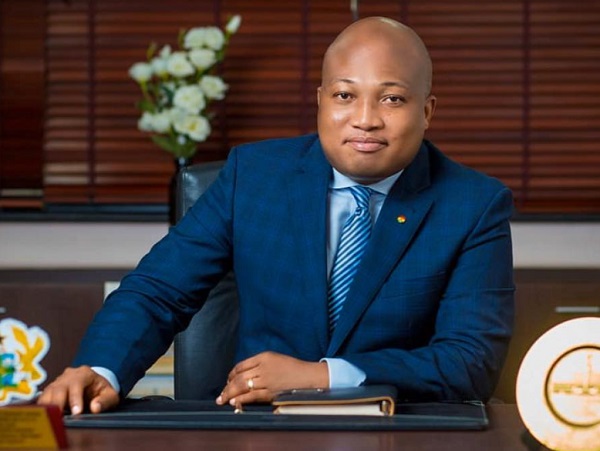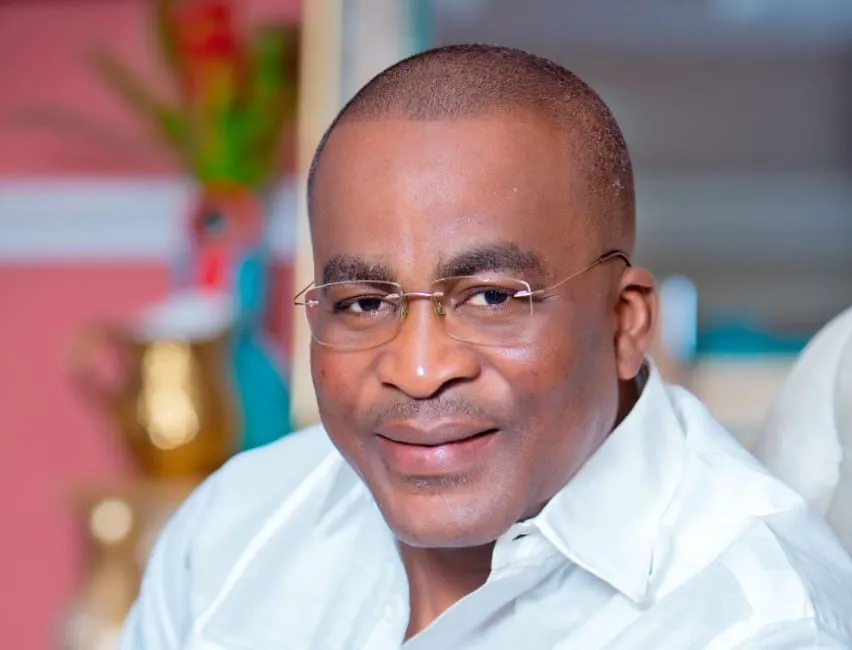Prof Gyampo supports EC decision to clear out 17 political parties

The Electoral Commission’s decision to revoke the licences of about 17 political parties has been backed by Professor Ransford Gyampo of the University of Ghana, Legon.
Prof Gyampo, a political science lecturer, in supporting the EC decision during an interview on TV3 on 13th October 2022 disagreed with complaints made by the leader of the United Progressive Party that the EC’s decision is not in tandem with multiparty democracy.
“It betrays his understanding of a multiparty democracy. It appears he does not know what a multi-party democracy is. A multiparty democracy is not the assemblies of election machines when we talk about multiparty democracy this is an arrangement where we have more than two or more political parties of more or less equal strength existing such that in any major electoral contestation it can be difficult for a party to win a clear majority of the votes at stake without the support of the other political party that is where we have a multi-party democracy,” he explained.
Prof Gyampo explained further saying “in our current dispensation, NDC can win an election without the support of the smaller political parties. NPP can also do the same without the support of the smaller political parties. When you go to Malaysia it is difficult for a single political party to win any major election without the support of other political parties and so Ghana technically is not a multi-party democracy rather we are a two-party state. When you talk about a two-party state it tells you no matter the number of political parties only two can present candidates for elections so if you go to America, you go to Britain it will tell you only two parties can present candidates despite the presence of other political parties so technically Ghana is not a multi-party democracy going by what is happening”.
On the EC move regarding the 17 political parties in question, Prof Gyampo said “now the EC is right in visiting offices of political parties to ascertain who is really in existence or and those who are merely election machines. We want to urge the EC to even probe further because I know some of these political parties on hearing that the EC is coming for inspection will rent some stores and paint them in their party colours and present them to the EC two weeks after the inspection is over the shop goes back to its owner”.
According to Prof Gyampo, “since 1992 they have fooled the EC so if the EC probes further I am sure they will get more political parties. This whole thing was started by former EC chair Dr Kwadwo Afari Gyan who was very tolerant of these political parties as I heard him say one day that if he wants to crack the whip even the NDC and NPP will not be able to qualify as political parties worth their sort. He felt that because we are an emerging democracy he had to allow growth and at some point will ensure that these regulations are implemented Afari Gyan is gone and Charlotte Osei came in, she tried to implement the rule that regulates political parties she was threatened with legal action.
“If you have an electronic office so what? If the rules are not amended you have to go by the rules so they threatened her and she was cowed to submission so fast forward Jean Mensah comes in. If she wants to apply the rules then so be,” he stated.
To Prof Gyampo, “one of our banes is we have institutions that are weak. When we say institutions are weak as part of the arrangement is the fact that we are unable to implement the rules of the game as there are rules that regulate political parties. If we are to strengthen the institution then we need to implement them. Part of the blame is to be put at the doorstep of the EC because from 1992 to now the EC has only preoccupied itself with the conduct of elections and the compilation of voter registers.
“Part of their mandate is to regulate activities of political parties but over the years they have abandoned their regulatory functions that is why some people argue that the regulation of political parties should be given to another institution because the political parties are one of the most unregulated bodies we have in our body politic. Apart from elections, they are supposed to function as agents of political socialization and also interest aggregation and they are supposed to train and recruit political leaders to even help the body politic.
“Opposition parties are supposed to undertake research into the crises and proffer solutions to the government now that we are in an economic crisis they are supposed to research and make their functions known as to how the crisis can be dealt with but because they are unregulated they operate like election machines who surface during elections and go to sleep after. If that is what we will do then we should go the Malian way which has over 104 political parties which are not worth their sort that is why it is about time we discuss how to crack the whip and ensure rules regulating political parties are implemented,” he concluded.







